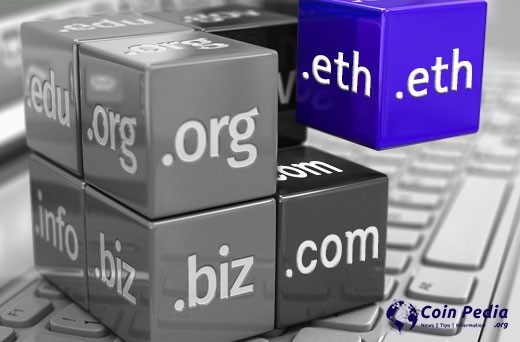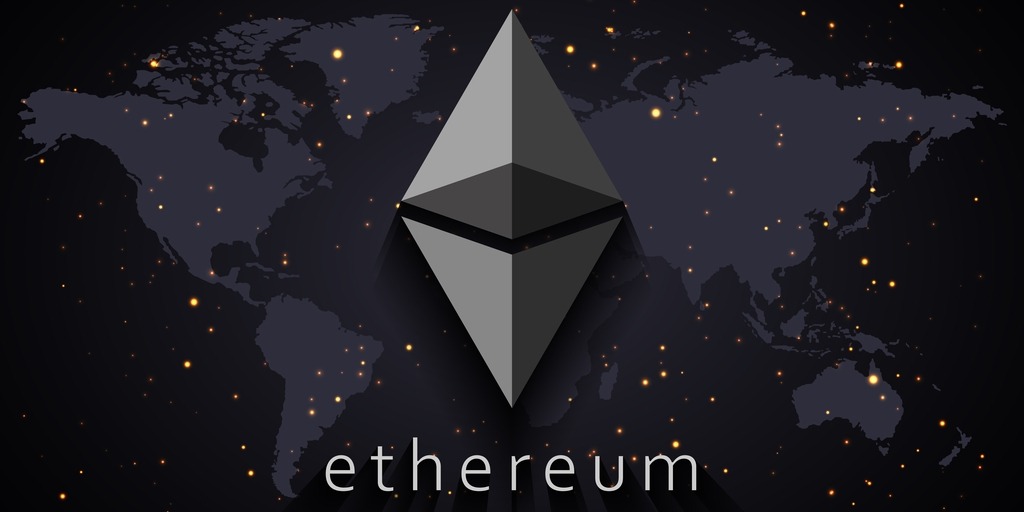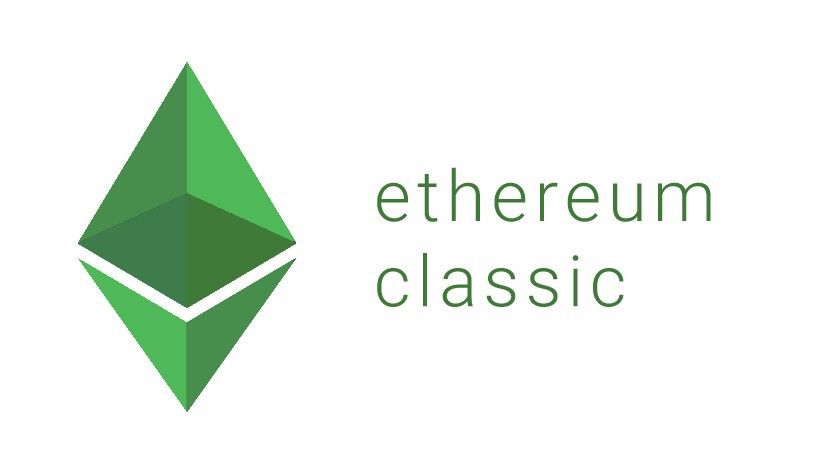Top 5 Use Cases Of Ethereum Smart Contracts
After the original bitcoin blockchain technology, which has left an indelible effect on the tech industry, Ethereum is the second generation of Blockchain. The Ethereum Blockchain allows for the easy creation of smart contracts, which is not possible with the Bitcoin Blockchain. To construct a blockchain network that can provide a foundation for the creation of decentralized apps, Vitalik Buterin created Ethereum Blockchain, which can conduct advanced-level scripting like smart contracts. Smart contract blockchain has transformed various platforms, providing both parties with speed, transparency, and fair records of events. The Ethereum Smart contract can be used in a variety of real-world scenarios and has numerous applications:
1. Contracts in Banking and Financial Services
In the banking industry, smart contracts can speed up transactions and simplify a variety of financial activities. It will aid in the accurate flow of information as well as the fulfillment of all parties’ duties. Because all terms are fully available to everyone, there is no space for error in a financial transaction, and the transaction remains transparent. Most major financial systems have already included the Ethereum Blockchain projects to streamline cross-border payments, increase transparency, and organize online database administration. In the banking and financial industry, Ethereum smart contracts have various applications. Smart contracts can be used to simplify processes and make transactions faster and more transparent in areas such as mortgages, payments, national bonds, and insurance claims. When a bond is due to mature, for example, if it is written as a smart contract, the money will be immediately transferred to the bearer’s account without the participation of a third party. This makes the procedure more transparent and efficient.
2.ICOs or DAICOs
With the use of Ethereum smart contracts, ICOs or token sales can be made considerably more effective. It improves the selling process by making it more equitable and open. The DAICO concept, according to Vitalik Butetrin, is a hybrid of the DAO and ICO models. It starts with ‘contribution mode,’ just like the old ICO contracts when investors were able to give Ether in accordance with the ICO guidelines. In a DAICO paradigm, the development team uses the DAICO variable ‘tap’ together with a DAICO smart contract. The ‘tap’ button determines how much Ether the developer can withdraw per second from the contract in the DAICO model, and the DAICO contributors set this withdrawal limit. This keeps a check on the developers because they are limited in their withdrawals and hence are unable to run with the entire amount given. This is how Ethereum smart contracts can be used to oversee and examine ICOs more effectively.
Also, read – How could Ethereum Merge make crypto greener?
3. Market Predictions
The prediction market has existed for decades, but it cannot become mainstream due to the risks involved. However, savvy players might make a significant profit using the Ethereum blockchain. When forecasters and researchers collect data to anticipate the probabilities of future events, there is a better likelihood of prediction. Players have been wagering on various games for decades, ranging from cents to millions of dollars, with no faith in a third party. Classic casino games are the first platform to be changed by the smart contract concept in this scenario. Only a few prediction platforms, such as gnosis and Augar, have used the Ethereum blockchain. The prediction market could be a good place to start if you want to use Ethereum smart contracts. For example, this could be a bet on the outcome of a sports match, an election campaign, or auctions. Participants are encouraged to make predictions, and those who do so correctly are rewarded via trustless smart contracts on the Ethereum network. Thus, the Ethereum blockchain concept may be applied to any type of betting, gambling, or even deciding whether or not a firm should strike a transaction or launch a product by making the entire process more rewarding and less expensive.
Thread: Kyte Prediction Markets V2 Sneak Peek!
As promised, we’re releasing the V2 of our prediction markets and smart contracts in the coming few days! The market module has undergone a complete revamp with a LOT of new features pic.twitter.com/yGbsf2d8Aj— Kyte.One (@kyteone) November 9, 2021
4. Escrow Replacement
Smart contracts are a notion that can be utilized to eliminate middlemen and help you save money. This service saves you money, but it also makes the process much more transparent. However, before giving it a final go, this concept must be thoroughly applied and tested in all relevant departments. Ethereum smart contracts can be used in real estate, wills, and other situations involving nominees. Upwork is another platform where the smart contract can be used as an escrow. Furthermore, it will not charge any fee for each and every piece of labor. This makes the procedure less expensive and more convenient.
5. Digital Identity Administration
The Ethereum Smart Contracts addresses one of humanity’s most pressing issues: identity theft and data monopoly. Amazon and Flipkart hold your credit and debit card information, which they may sell to anyone at monopoly rates. It’s simply an example; they don’t actually do it. However, the issue is genuine, and identity theft is on the rise. As a result, to safeguard this situation, the data might be saved in an uPort app that only you can access. Thanks to this technology, your data is safe in uPort and cannot be accessed by any firm.
Stay informed with daily updates from Blockchain Magazine on Google News. Click here to follow us and mark as favorite: [Blockchain Magazine on Google News].
Get Blockchain Insights In Inbox
Stay ahead of the curve with expert analysis and market updates.
latest from tech
Disclaimer: Any post shared by a third-party agency are sponsored and Blockchain Magazine has no views on any such posts. The views and opinions expressed in this post are those of the clients and do not necessarily reflect the official policy or position of Blockchain Magazine. The information provided in this post is for informational purposes only and should not be considered as financial, investment, or professional advice. Blockchain Magazine does not endorse or promote any specific products, services, or companies mentioned in this posts. Readers are encouraged to conduct their own research and consult with a qualified professional before making any financial decisions. The featured image used is just a creative depiction of the title and it does not intend to hurt sentiments of any person or institution. If it hurts anyone sentiments, please do not hesitate to reach out to Blockchain Magazine.

 Bitcoin
Bitcoin  Ethereum
Ethereum  XRP
XRP  Tether
Tether  Solana
Solana  Dogecoin
Dogecoin  USDC
USDC  Cardano
Cardano  Lido Staked Ether
Lido Staked Ether  TRON
TRON  Chainlink
Chainlink  Avalanche
Avalanche  Sui
Sui  Wrapped stETH
Wrapped stETH  Wrapped Bitcoin
Wrapped Bitcoin  Stellar
Stellar  Toncoin
Toncoin  Hedera
Hedera  Shiba Inu
Shiba Inu  WETH
WETH  Polkadot
Polkadot  LEO Token
LEO Token  Bitcoin Cash
Bitcoin Cash  Litecoin
Litecoin  Hyperliquid
Hyperliquid  Bitget Token
Bitget Token  Official Trump
Official Trump  Uniswap
Uniswap  Pepe
Pepe  Wrapped eETH
Wrapped eETH  USDS
USDS  NEAR Protocol
NEAR Protocol  Ethena USDe
Ethena USDe  Aave
Aave  Aptos
Aptos  Internet Computer
Internet Computer  Ondo
Ondo  WhiteBIT Coin
WhiteBIT Coin  Monero
Monero  Ethereum Classic
Ethereum Classic  Cronos
Cronos  POL (ex-MATIC)
POL (ex-MATIC)  Mantle
Mantle  Render
Render  Dai
Dai  Bittensor
Bittensor  Algorand
Algorand 




